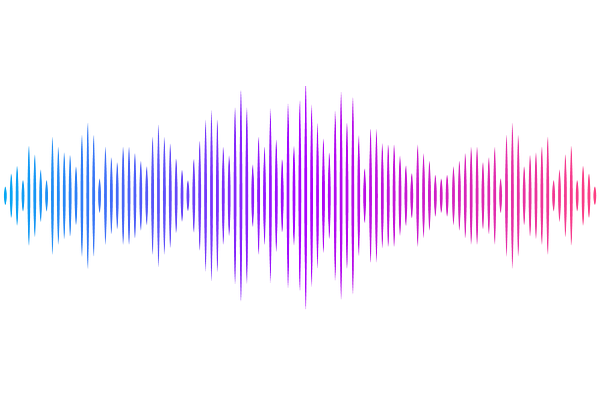High-dimensional Immune Profiling Following Autologous Hematopoietic Stem Cell Transplantation in Relapsing-Remitting Multiple Sclerosis

High-dimensional Immune Profiling Following Autologous Hematopoietic Stem Cell Transplantation in Relapsing-Remitting Multiple Sclerosis
Gavasso, S.; Haugsoen, J. B.; Kleftogiannis, D.; Gerking, Y.; Anandan, S.; Herdlevaer, I.; Olsen, H.; Brun, M.; Blaser, N.; Gjertsen, B. T.; Olsnes, A. M.; Kristoffersen, E. K.; Myhr, K.-M.; Torkildsen, O. F. G.; Bo, L.; Lehmann, A. K.
AbstractAutologous hematopoietic stem cell transplantation (aHSCT) is highly effective in inflammatory relapsing-remitting multiple sclerosis (RRMS) with breakthrough disease on conventional therapies, inducing remission in most patients. To understand its immunological effects, we profiled 25 RRMS patients treated with aHSCT in the RAM-MS trial using 41-marker mass cytometry, tracking immune reconstitution over a 24-month period. Major immune lineages shifted toward healthy profiles, but with distinct dynamics: memory CD4+ T cells remained depleted, naive B cells expanded, naive CD4+ and CD8+ cells and memory B cells gradually recovered, while CD8+ memory T cells transiently expanded and contracted. Functional marker analysis revealed persistent changes in activation and trafficking potential, including upregulation of CD49d, downregulation of CD127, and broad remodelling of chemokine receptors. High-resolution state analysis revealed durable reshaping of immune composition, including loss of CD161+CD127+CCR6+ memory-like T cells and transient expansion of regulatory NK and naive B cell states. These findings demonstrate that aHSCT induces profound immune reprogramming and provide mechanistic insight into remission observed in treatment-refractory MS.